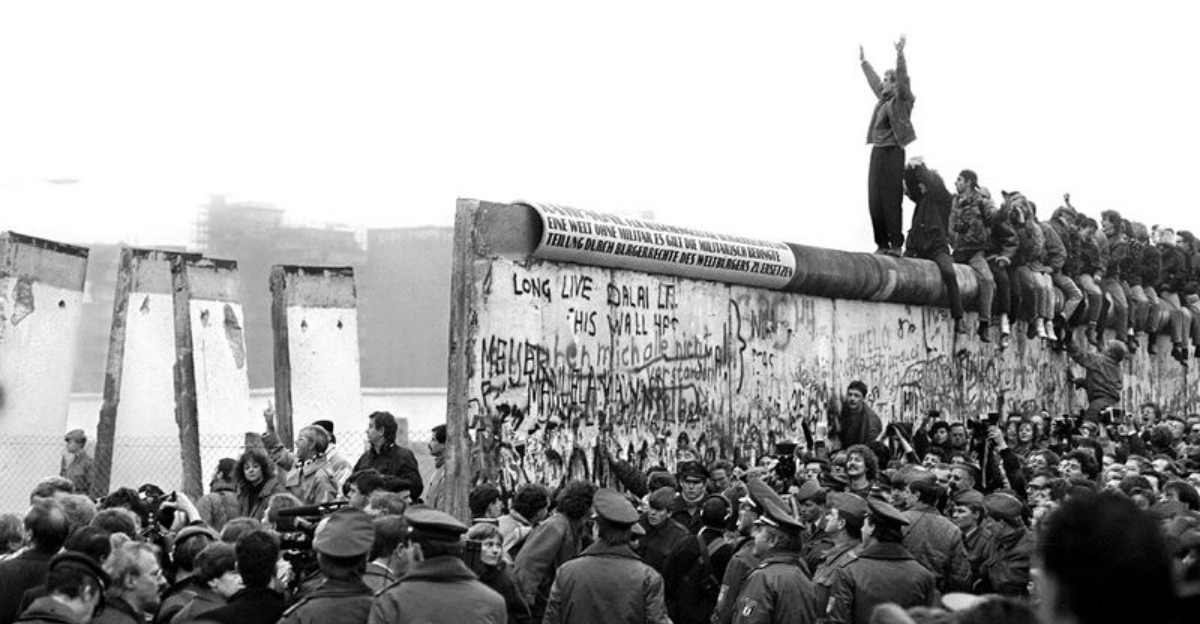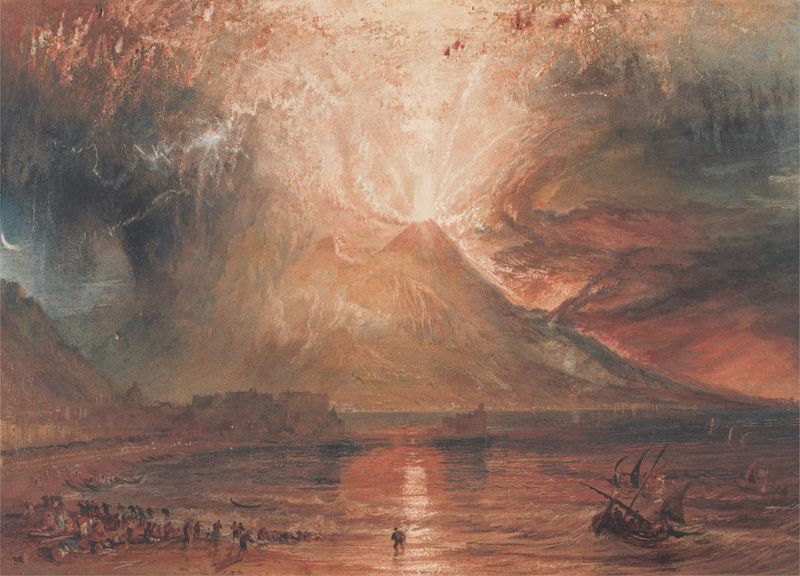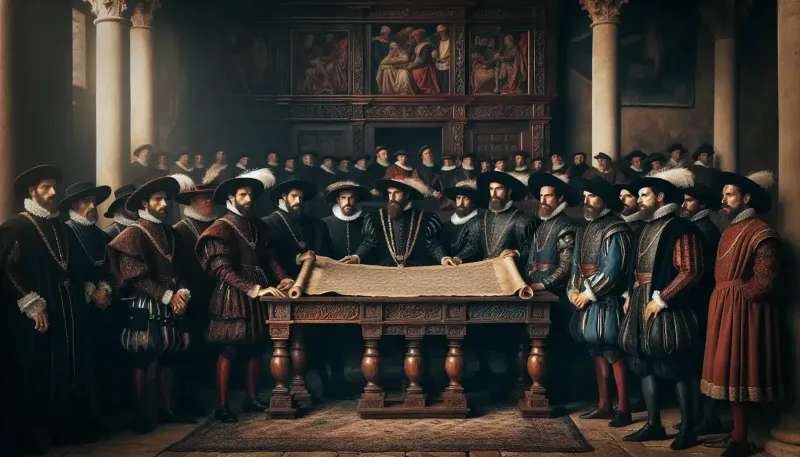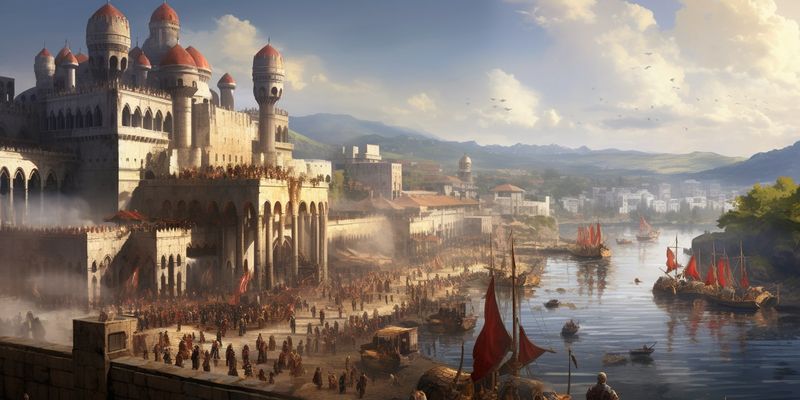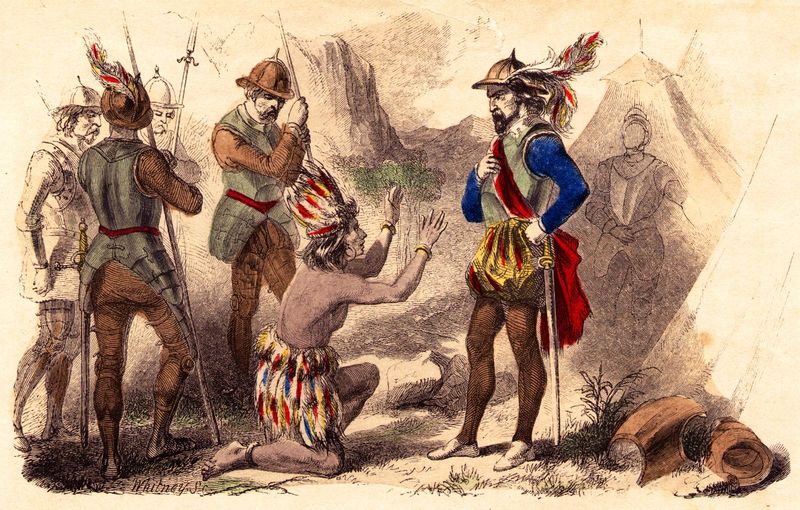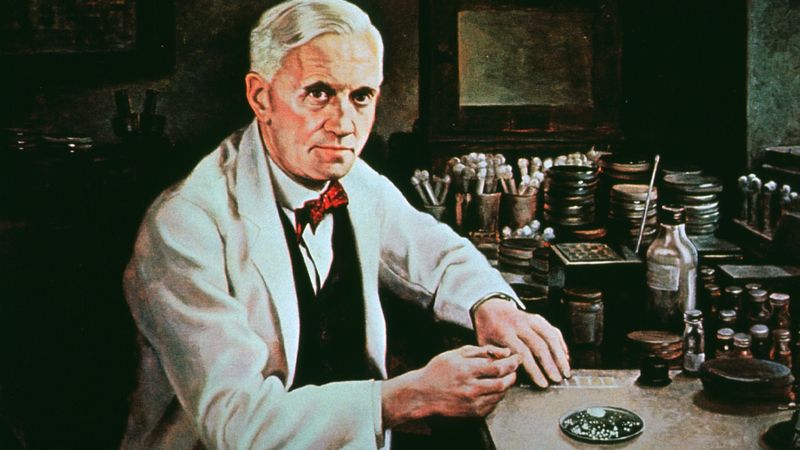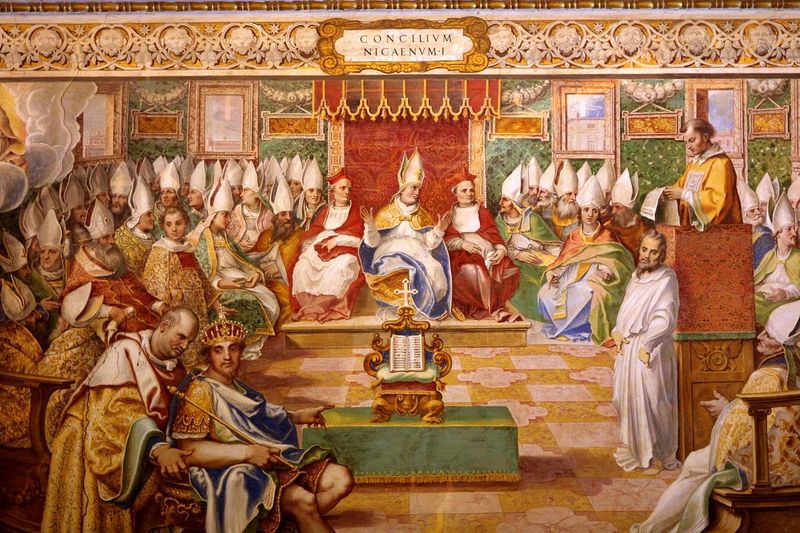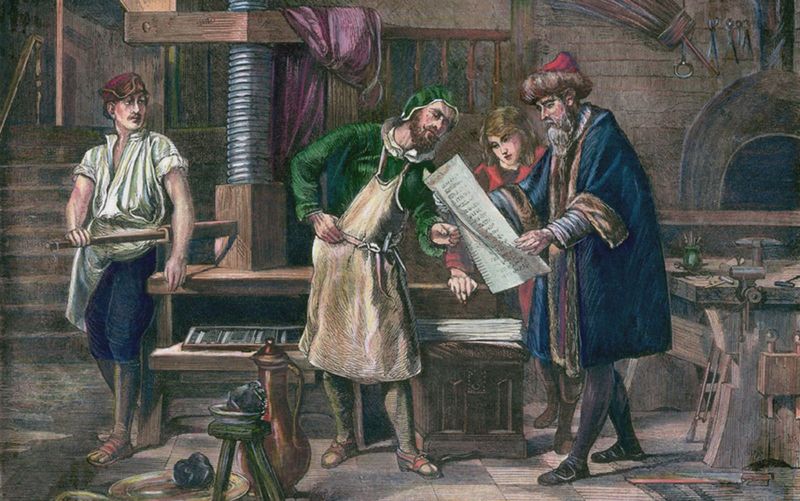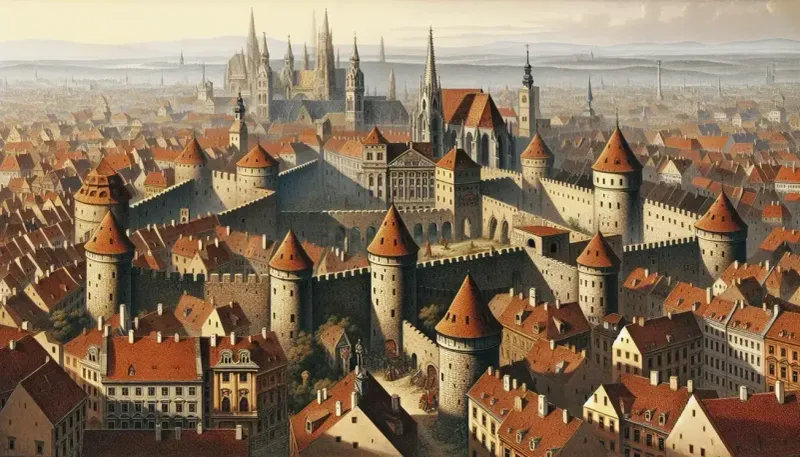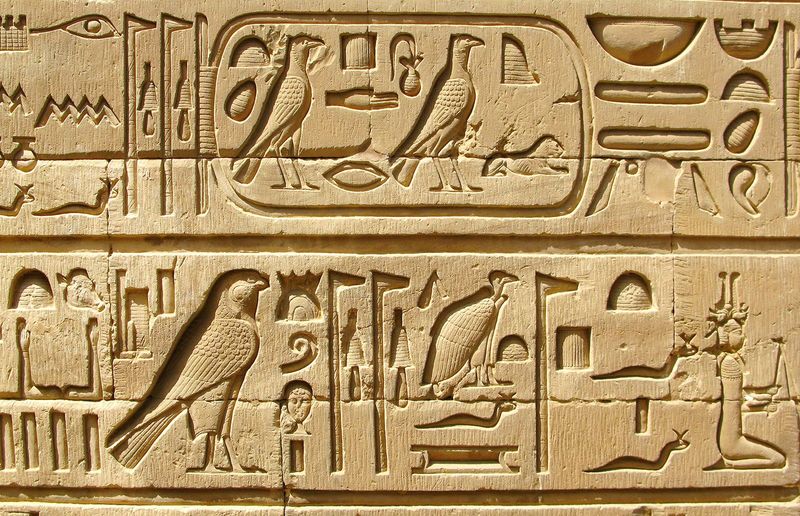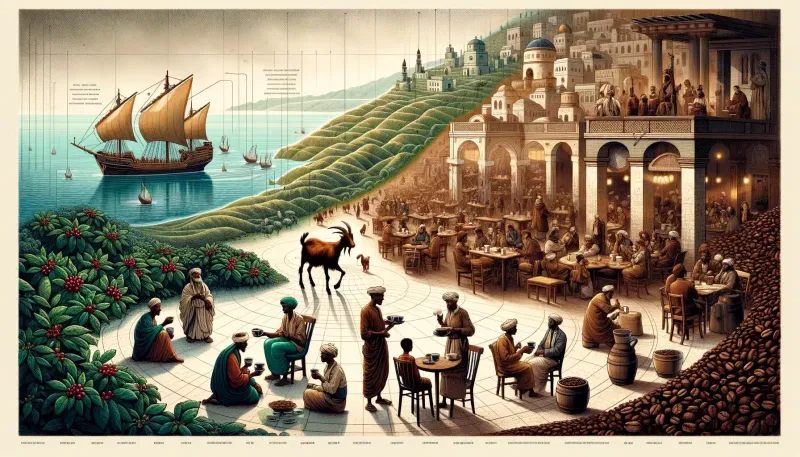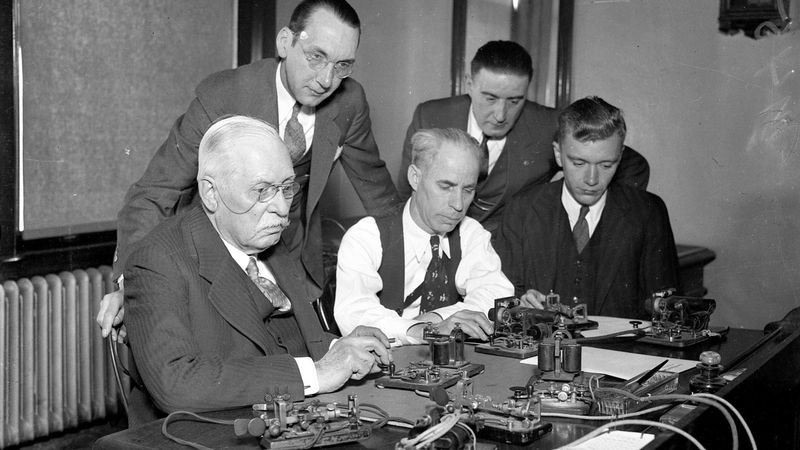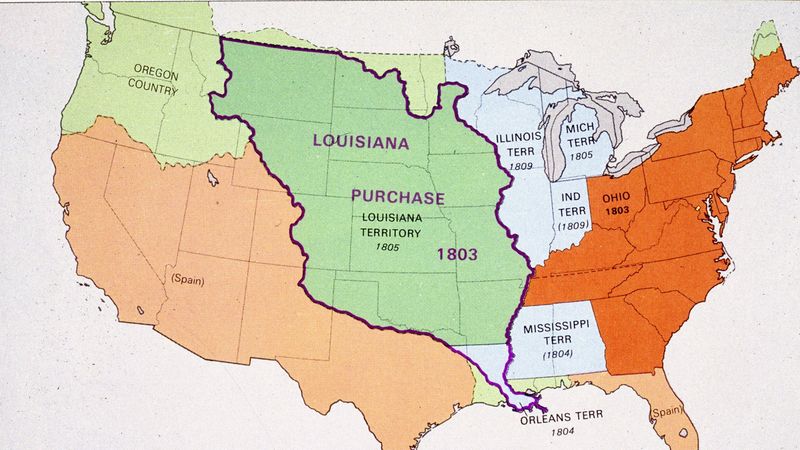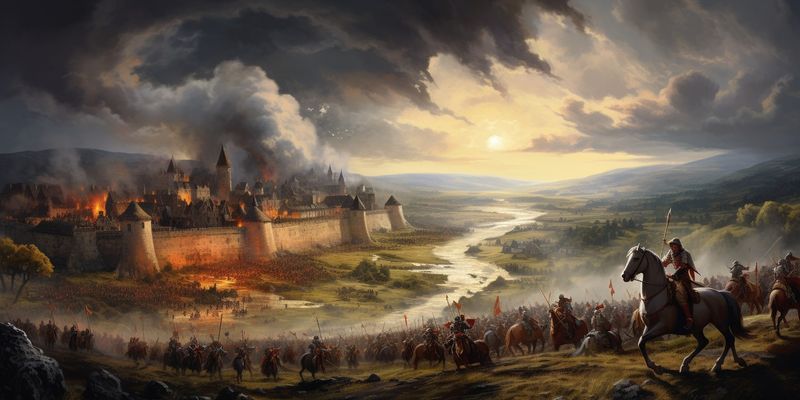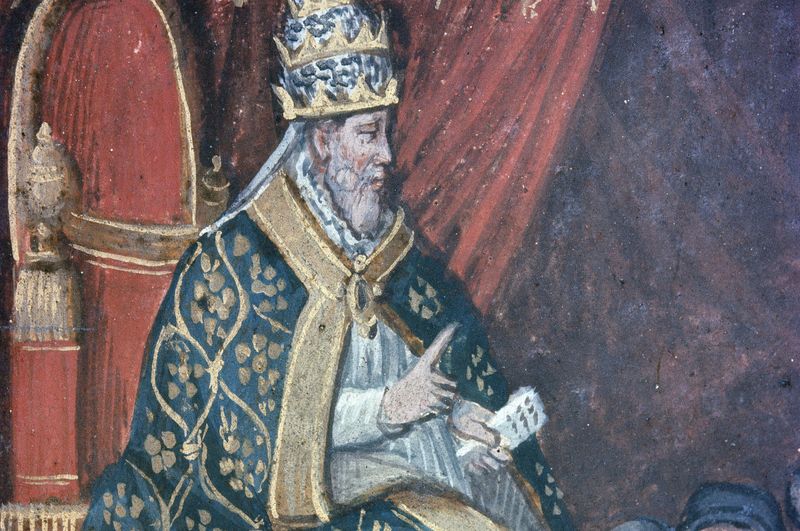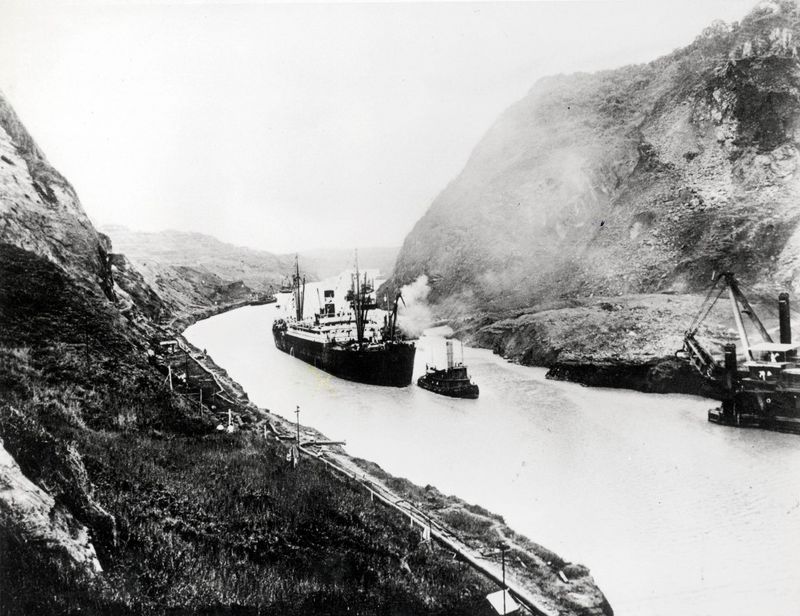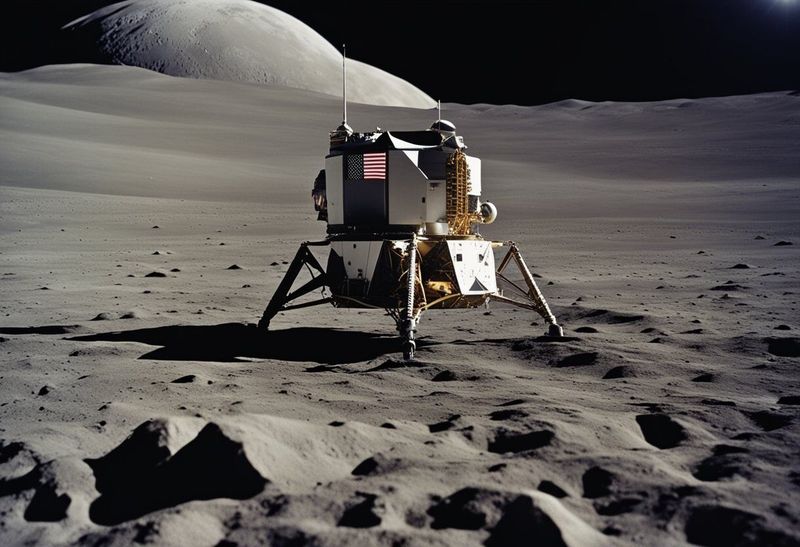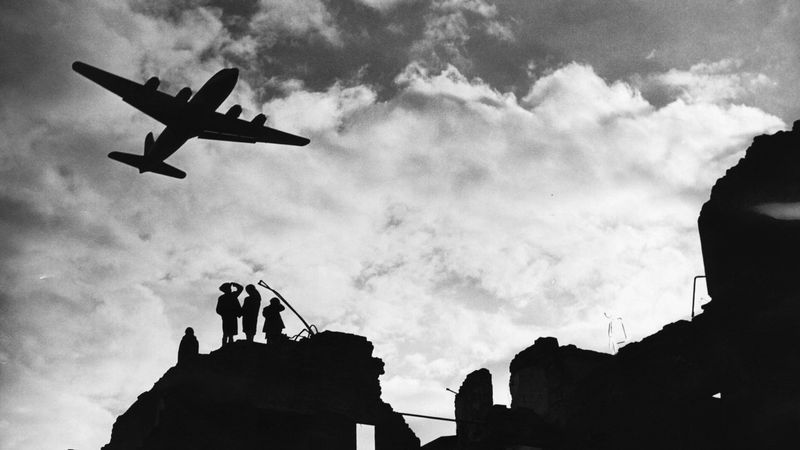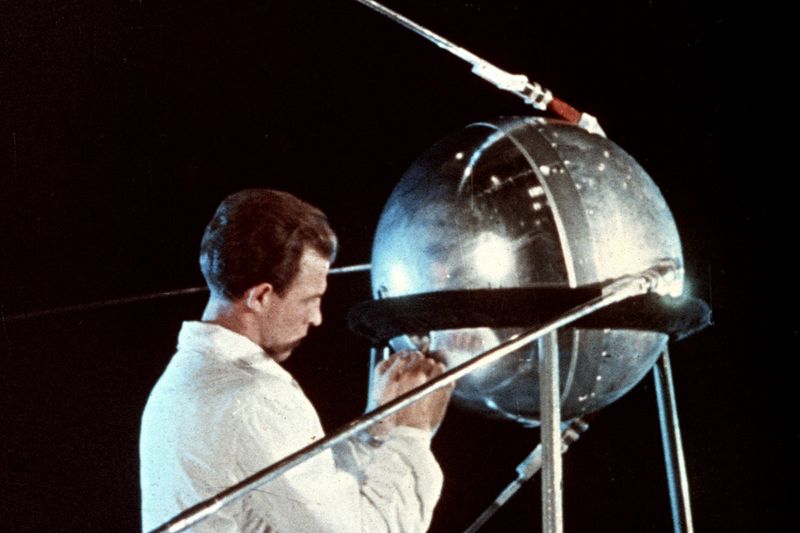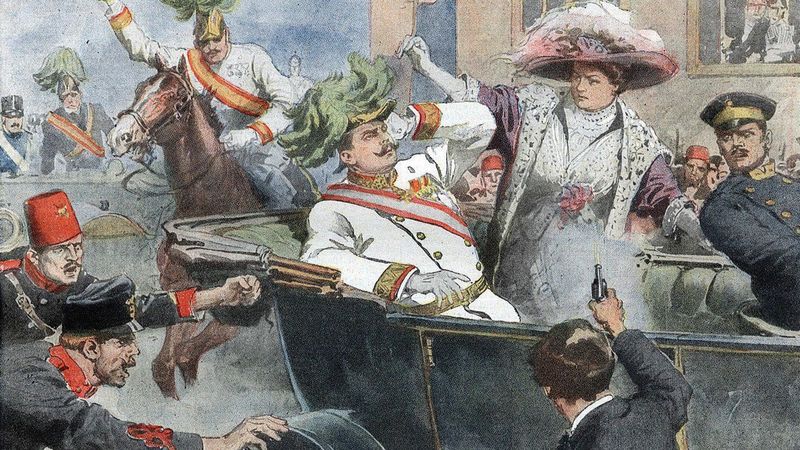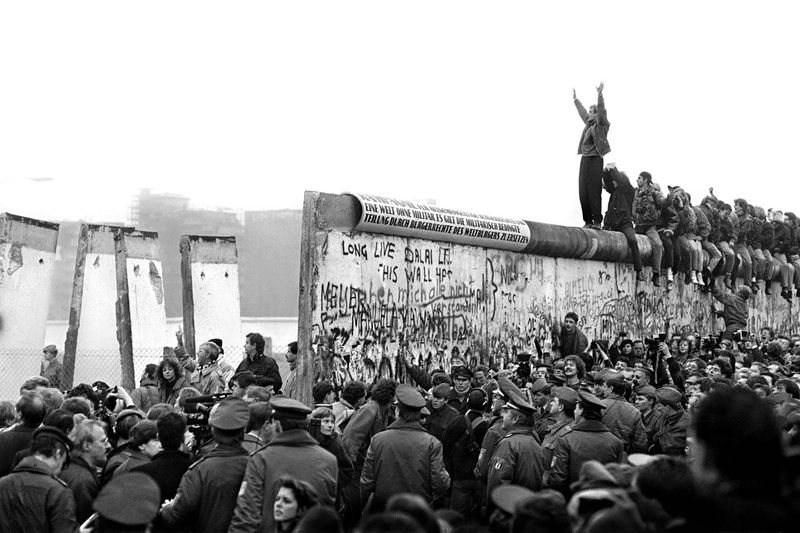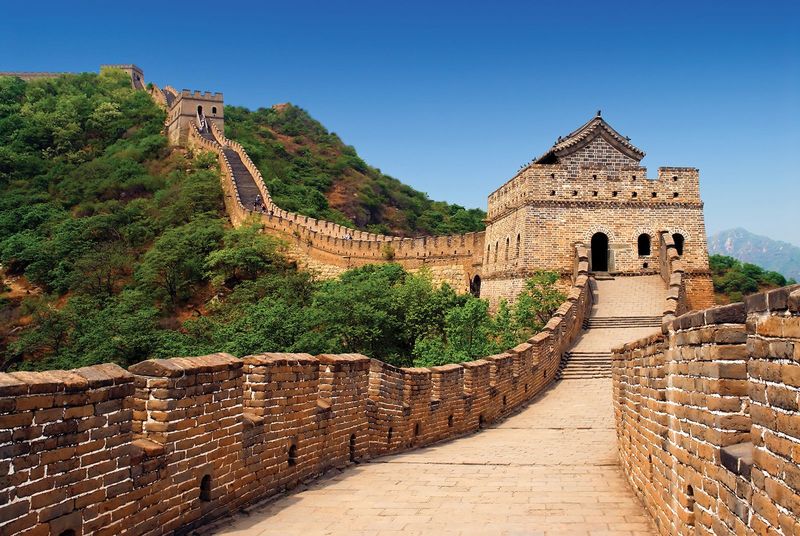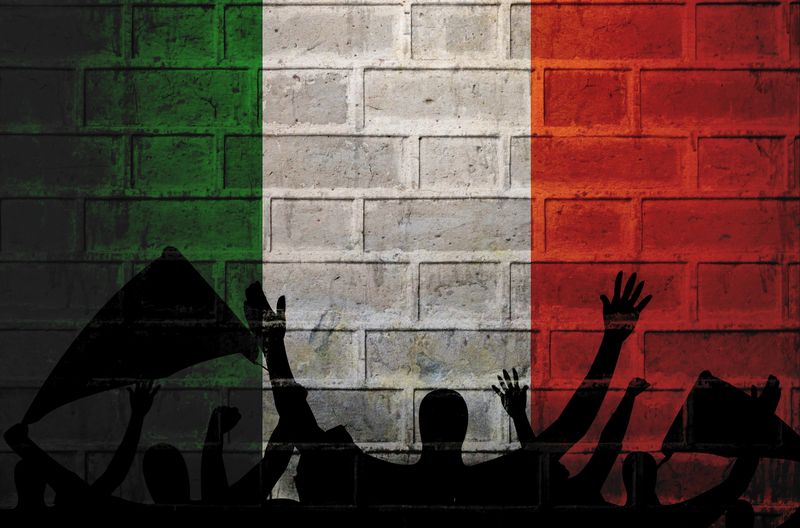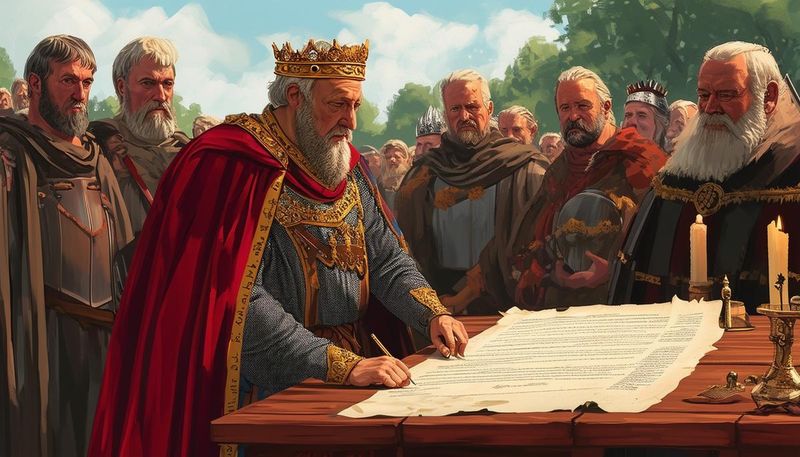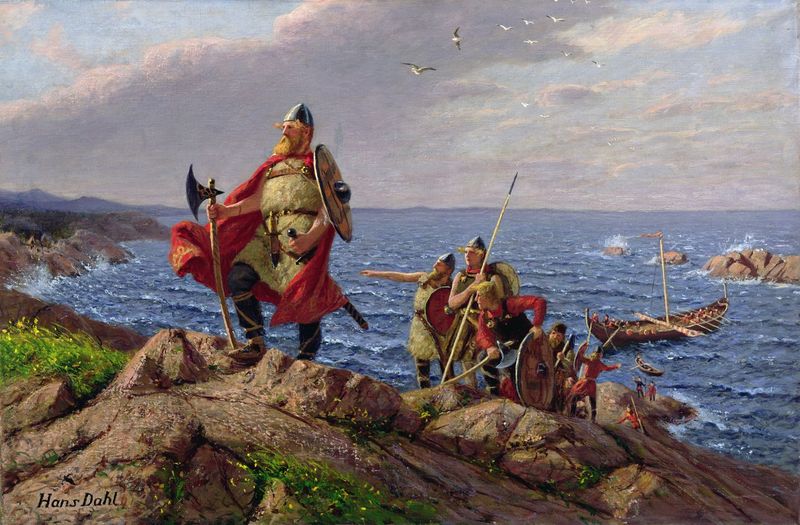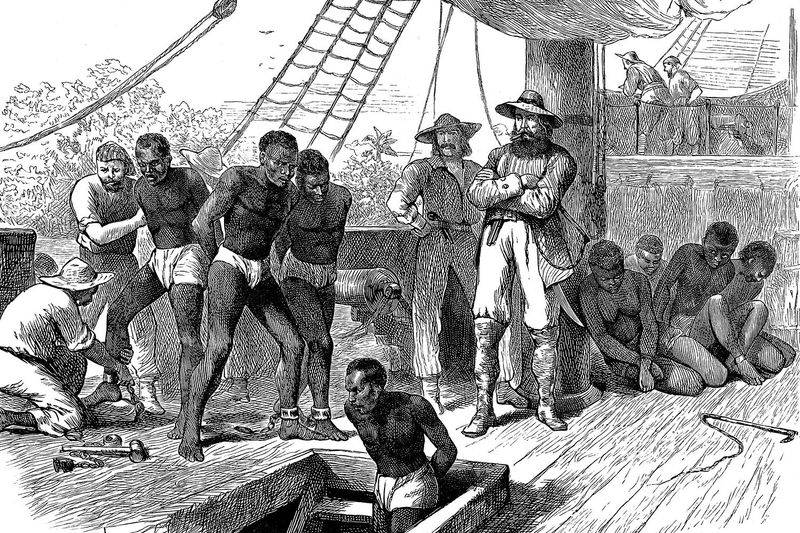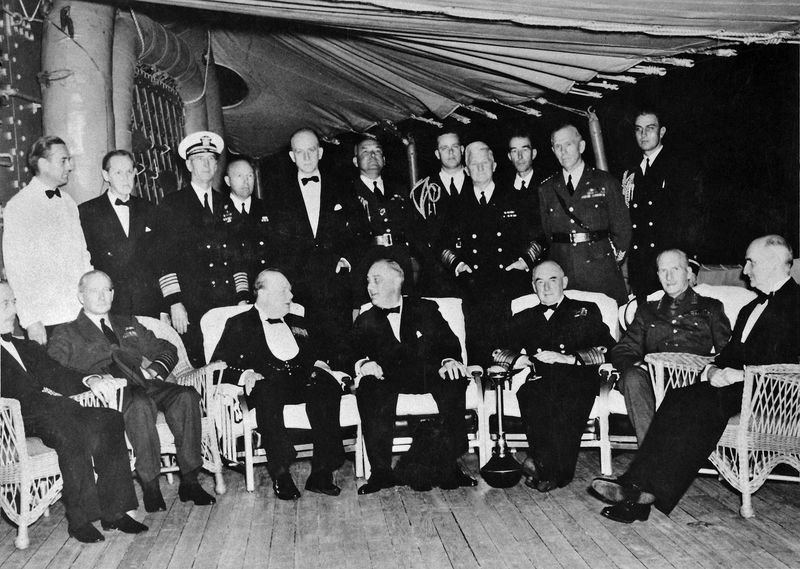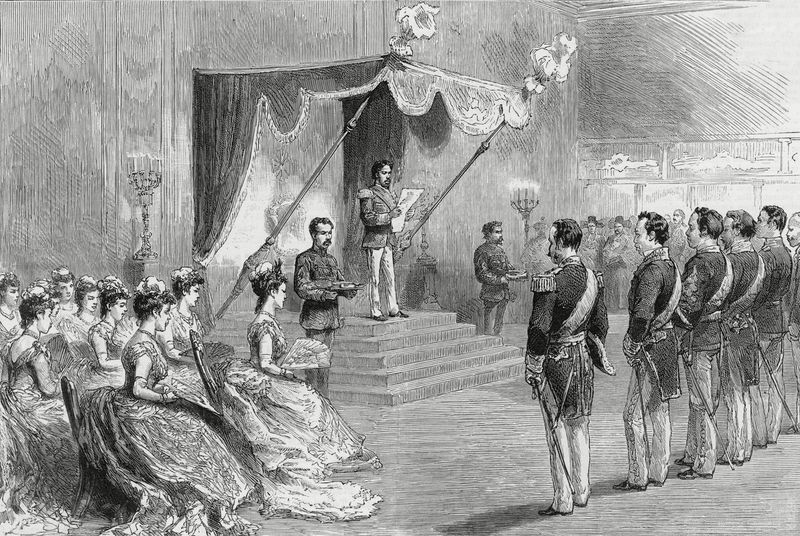History is often defined by major events such as wars or revolutions, but there are countless lesser-known moments that have quietly influenced the course of world history.
These forgotten instances, often overlooked in textbooks, have left an indelible mark on our world.
From chance meetings to quiet innovations, these events have shaped everything from politics to culture, even if they remain in the shadows of more celebrated historical milestones.
In this exploration, we delve into 30 such moments that, though not widely recognized, have played significant roles in shaping the world as we know it today.
1. The Eruption of Mount Tambora
In 1815, Mount Tambora erupted in Indonesia, unleashing a cloud of ash that circled the globe. This event led to what is known as the “Year Without a Summer,” affecting weather patterns and leading to crop failures across the Northern Hemisphere.
In New England, snow fell in June, while Europe faced widespread food shortages. This climatic anomaly prompted innovations such as the invention of the bicycle when horses became too expensive to feed.
The eruption’s far-reaching effects underscore the interconnectedness of natural and human systems, reminding us how a single event can ripple across the globe.
2. The Signing of the Treaty of Tordesillas
The Treaty of Tordesillas, signed in 1494, divided the newly discovered lands outside Europe between Portugal and Spain along a meridian 370 leagues west of the Cape Verde islands.
This agreement, mediated by the Pope, aimed to resolve conflicts over newly explored lands. While often overshadowed by other treaties, it shaped the colonial landscape by granting Brazil to Portugal and much of the Americas to Spain.
This division had lasting impacts on language, culture, and politics in these regions, ultimately influencing the global spread of European culture and the geopolitical map we recognize today.
3. The Fall of Constantinople
In 1453, the fall of Constantinople to the Ottoman Empire marked the end of the Byzantine Empire and shifted trade routes, compelling Europeans to seek new paths to Asia.
This historic siege, led by Sultan Mehmed II, was pivotal in spreading Ottoman influence across Europe and Asia. The city’s fall also prompted a migration of Greek scholars to the West, sparking the Renaissance.
This event reshaped the cultural and economic landscape of both the East and West, illustrating how a single city’s fate can alter the course of history in profound and unexpected ways.
4. The Battle of Cajamarca
In 1532, the Battle of Cajamarca marked a decisive moment in the Spanish conquest of the Incan Empire. Spanish forces, led by Francisco Pizarro, captured Incan Emperor Atahualpa with astonishing ease.
This encounter showcased the dramatic impact of European weapons and strategies against indigenous forces, leading to the rapid downfall of one of the world’s most advanced civilizations.
The repercussions of this clash extended beyond Peru, influencing colonial policies and altering the cultural landscape of South America. This event serves as a stark reminder of the transformative power of military technology and strategy in historical conquests.
5. The Introduction of the Potato to Europe
The introduction of the potato to Europe in the 16th century revolutionized agriculture and cuisine across the continent.
Initially met with suspicion, this hearty tuber eventually became a staple food, significantly boosting population growth and urbanization. The potato’s impact was profound, providing a reliable food source that sustained populations through periods of famine.
Its cultivation required less labor and land compared to traditional grains, freeing up resources for economic development.
This seemingly humble crop played an understated role in shaping modern Europe, illustrating how agricultural innovations can have far-reaching societal effects.
6. The Discovery of Penicillin
In 1928, Alexander Fleming discovered penicillin, revolutionizing medicine and saving countless lives. This accidental discovery occurred when Fleming noticed mold killing bacteria in his petri dish.
Penicillin became the first widely used antibiotic, fundamentally transforming healthcare by effectively treating bacterial infections. Its development marked a turning point in medical history, leading to the widespread use of antibiotics and a significant reduction in mortality from infectious diseases.
The discovery of penicillin underscores the importance of serendipity in scientific advancement and highlights how a single breakthrough can change the trajectory of human health and longevity.
7. The Edict of Milan
The Edict of Milan, issued in 313 AD, proclaimed religious tolerance in the Roman Empire, ending the persecution of Christians and allowing them to worship freely.
Signed by Emperor Constantine and Licinius, this decree marked a significant shift in the religious landscape of the Western world. It paved the way for Christianity to become the dominant religion in Europe, influencing cultural and political structures for centuries.
The Edict of Milan illustrates the power of legal reforms to reshape societies, demonstrating how tolerance and inclusivity can lead to profound cultural transformations and enduring legacies.
8. The Invention of the Printing Press
The invention of the printing press by Johannes Gutenberg in the 1440s revolutionized the dissemination of knowledge. This breakthrough technology made books more accessible and affordable, thus democratizing education and information.
The rapid spread of ideas facilitated by the printing press was instrumental in major cultural shifts, such as the Renaissance, Reformation, and the Scientific Revolution.
It allowed for the widespread distribution of literature and academic works, fundamentally transforming communication and learning.
Gutenberg’s innovation underscores the transformative power of technology in shaping human society and its continued impact on how we share and consume information.
9. The Siege of Vienna
The Siege of Vienna in 1683 was a turning point in the struggle between the Ottoman Empire and European powers.
Ottoman forces, commanded by Kara Mustafa, aimed to capture the city, but were ultimately repelled by a coalition led by the Polish King John III Sobieski.
This victory halted Ottoman expansion into Europe, preserving Christian dominance in the region. The siege’s outcome influenced European geopolitics, fostering alliances and reshaping borders.
It serves as a testament to the significance of military strategy and collaboration in determining the course of history and maintaining the balance of power.
10. The Discovery of the Rosetta Stone
The discovery of the Rosetta Stone in 1799 proved pivotal in understanding ancient Egyptian hieroglyphs. This artifact, inscribed with the same text in Greek, Demotic, and hieroglyphic script, enabled scholars to decode a language lost for centuries.
The translation of hieroglyphs unlocked vast amounts of historical and cultural knowledge about ancient Egypt, providing insights into its religion, governance, and daily life.
This breakthrough exemplifies the intersection of archaeology and linguistics, demonstrating how a single discovery can bridge cultures and eras, enhancing our understanding of the past and its enduring influence on our modern world.
11. The Introduction of Coffee to Europe
The introduction of coffee to Europe in the 1600s had a profound cultural and social impact. Initially brought from the Middle East, coffee quickly gained popularity, leading to the establishment of coffee houses across the continent.
These venues became hubs of intellectual exchange and political discussion, fostering ideas that fueled movements like the Enlightenment.
Coffee’s stimulating effects were said to enhance clarity of thought and debate, making it a favorite among thinkers and revolutionaries.
The rise of coffee culture illustrates how a simple beverage can influence societal trends, driving changes in thought, lifestyle, and even governance.
12. The Development of the Telegraph
The development of the telegraph in the 19th century revolutionized communication by transmitting messages over long distances almost instantaneously. This innovation, pioneered by figures like Samuel Morse, laid the groundwork for modern telecommunications.
The telegraph transformed industries, enabled real-time news dissemination, and facilitated military coordination. Its impact on society was profound, shrinking the world by connecting distant regions and accelerating the pace of business and diplomacy.
The telegraph’s legacy is evident in today’s digital communication networks, highlighting how technological advancements can alter human interaction and the global flow of information.
13. The Louisiana Purchase
The Louisiana Purchase in 1803 was a monumental land deal between the United States and France, doubling the size of the young nation.
Negotiated by President Thomas Jefferson, this acquisition provided the U.S. with vast resources and secured its expansion westward.
It laid the foundation for the nation’s growth into a continental power and significantly influenced America’s economic and political trajectory.
The purchase exemplifies the strategic importance of land in shaping national identity and ambition, demonstrating how territorial acquisitions can have lasting impacts on a country’s development and geopolitical stance.
14. The Battle of Bannockburn
The Battle of Bannockburn in 1314 was a turning point in the First War of Scottish Independence. Under King Robert the Bruce, Scottish forces achieved a decisive victory against the English, securing Scotland’s sovereignty.
This battle showcased the effectiveness of Scottish guerrilla tactics and inspired a sense of national identity and unity. Its legacy endures in Scotland’s cultural memory, symbolizing the struggle for independence and self-determination.
Bannockburn highlights the impact of military leadership and resolve on shaping national destinies, emphasizing how pivotal battles can forge enduring legacies of freedom and pride.
15. The Adoption of the Gregorian Calendar
The adoption of the Gregorian Calendar in 1582 by Pope Gregory XIII reformed the Julian Calendar to better align the year with the solar cycle. This change corrected the drift of the equinoxes and improved the accuracy of timekeeping.
Initially adopted by Catholic countries, it eventually became the global standard, facilitating international communication and commerce.
The Gregorian Calendar’s implementation underscores the importance of scientific precision in daily life, illustrating how calendar reforms can influence societal rhythms and global interactions.
Its widespread acceptance demonstrates the interconnectedness of culture, science, and governance.
16. The Building of the Panama Canal
The completion of the Panama Canal in 1914 revolutionized global maritime trade by connecting the Atlantic and Pacific Oceans. This engineering marvel reduced travel time for ships, significantly impacting global trade routes and economic exchange.
The canal’s construction involved immense human effort and geopolitical maneuvering, reflecting the strategic importance of controlling key maritime passages. Its influence extends beyond economics, shaping political alliances and regional dynamics.
The Panama Canal exemplifies the transformative power of infrastructure projects in facilitating global commerce and underscores the ongoing competition for control over critical transportation hubs.
17. The First Moon Landing
The first Moon landing in 1969 marked a monumental achievement in human exploration and technology. The Apollo 11 mission, led by NASA, saw astronauts Neil Armstrong and Buzz Aldrin take humanity’s first steps on the lunar surface.
This historic event demonstrated the potential of human ingenuity and perseverance, capturing the world’s imagination and symbolizing the possibilities of space exploration.
The Moon landing not only advanced scientific understanding but also fostered international cooperation in space research. Its legacy continues to inspire future generations, driving innovation and a renewed commitment to exploring the cosmos.
18. The Berlin Blockade and Airlift
The Berlin Blockade and Airlift (1948-1949) was a critical moment in the early Cold War. In response to Soviet attempts to cut off access to West Berlin, the Western Allies initiated a massive airlift to supply the city with essential goods.
This operation demonstrated the resolve of the Allies to stand against Soviet pressure, maintaining West Berlin’s freedom and preventing the spread of communism in Europe.
The airlift galvanized Western solidarity and highlighted the importance of logistics and resilience in geopolitical conflicts. It remains a symbol of determination and the enduring struggle for freedom and democracy.
19. The Launch of Sputnik
The launch of Sputnik by the Soviet Union in 1957 marked the beginning of the space age and ignited the space race between the U.S. and the USSR.
As the first artificial satellite to orbit the Earth, Sputnik’s successful deployment shocked the world and spurred advancements in space technology and exploration.
This milestone prompted the U.S. to increase investment in science and engineering, leading to significant educational reforms and technological progress.
Sputnik’s launch underscores the role of competition in driving innovation and highlights the profound impact of space exploration on international relations and scientific discovery.
20. The Invention of the Internet
The invention of the Internet in the late 20th century revolutionized communication, commerce, and information sharing globally. Initially developed as a military project, the Internet evolved into a ubiquitous tool that connects billions worldwide.
It transformed industries, fostered innovation, and reshaped social interactions, making information accessible at unprecedented speeds. The Internet’s impact on society is profound, facilitating globalization and democratizing access to knowledge.
Its evolution from a niche technology to an integral part of daily life underscores the transformative power of digital connectivity and highlights the ongoing challenges and opportunities it presents in the digital age.
21. The Assassination of Archduke Franz Ferdinand
The assassination of Archduke Franz Ferdinand in 1914 triggered a chain reaction that led to World War I. This event, carried out by a Bosnian Serb nationalist, set off a series of alliances and conflicts that engulfed Europe in one of the deadliest wars in history.
The assassination underscored the fragility of peace and the complex web of political tensions that can escalate into global conflict.
It demonstrated how a single act of violence can alter the course of history, reshaping national borders and influencing international relations for decades. The repercussions of this event continue to resonate in modern geopolitics.
22. The Fall of the Berlin Wall
The fall of the Berlin Wall in 1989 symbolized the end of Cold War divisions and the triumph of democratic ideals over authoritarian regimes.
This momentous event marked the reunification of East and West Berlin, leading to the subsequent collapse of the Soviet Union.
The dismantling of the wall was a powerful image of freedom, hope, and the resilience of human spirit. It illustrated the power of peaceful protest and negotiation in bringing about political change.
The fall of the Berlin Wall remains a testament to the enduring quest for liberty and the transformative impact of collective action.
23. The Construction of the Great Wall of China
The construction of the Great Wall of China, spanning centuries, was a monumental effort to protect the Chinese states from northern invasions. Initiated in the 7th century BC, the wall expanded under various dynasties, becoming a symbol of China’s strength and resilience.
Its vast length and engineering complexity demonstrated the ability of centralized power to mobilize resources for defense. The Great Wall’s legacy endures as a cultural icon and a testament to the challenges of maintaining security and sovereignty.
It exemplifies how human ingenuity and determination can create enduring landmarks that shape national identity and historical memory.
24. The Unification of Italy
The unification of Italy in 1861 marked the culmination of a series of political and military efforts to consolidate various states into a single nation. Led by figures like Giuseppe Garibaldi and Count Cavour, this movement fostered a sense of national identity and pride.
The unification transformed Italy into a significant European power, influencing its political and economic development. It underscored the importance of national cohesion and the role of visionary leadership in achieving political goals.
The unification of Italy serves as a powerful example of how determined efforts towards unity and independence can reshape the political landscape.
25. The Signing of the Magna Carta
The signing of the Magna Carta in 1215 was a foundational moment in the development of constitutional governance. This document, forced upon King John by his barons, established the principle that the monarchy was subject to the law.
It laid the groundwork for modern legal and political systems by asserting the rights and liberties of individuals. The Magna Carta’s enduring legacy is its influence on the development of democracy and human rights worldwide.
It symbolizes the ongoing struggle to balance power and justice, highlighting the importance of accountability and the rule of law in governing societies.
26. The Exploration of the New World by the Vikings
The exploration of the New World by the Vikings in the 11th century marked an early European contact with North America, predating Columbus by centuries. Led by Leif Erikson, the Norsemen established settlements in areas they called Vinland.
Their expeditions demonstrated the Vikings’ advanced seafaring abilities and contributed to the understanding of transatlantic exploration. Although these settlements were short-lived, they represent a significant moment in history, challenging traditional narratives of discovery.
The Viking exploration highlights the complexities and diversity of historical interactions and reminds us of the broader scope of early human exploration and cultural exchange.
27. The First Olympic Games
The first Olympic Games, held in 776 BC in Olympia, Greece, laid the foundation for a tradition of athletic competition that continues today.
These games were originally a religious festival honoring Zeus, featuring various athletic contests that promoted physical prowess and unity among the Greek city-states.
The Olympics fostered a spirit of competition and cooperation, influencing cultural and social development in the ancient world.
Their revival in modern times underscores the enduring appeal of sports as a means of bringing people together, celebrating excellence, and fostering international understanding. The Olympic legacy continues to inspire global unity and athletic achievement.
28. The Abolition of the Transatlantic Slave Trade
The abolition of the transatlantic slave trade in 1807 by the British Parliament marked a significant step towards ending slavery. This landmark decision resulted from relentless efforts by abolitionists who highlighted the inhumanity and brutality of the trade.
The abolition influenced international policies, leading to similar actions by other nations and eventually the abolition of slavery itself. This event underscored the power of activism and moral conviction in driving societal change.
It remains a critical moment in the fight for human rights and justice, reminding us of the ongoing struggle to combat exploitation and inequality in the pursuit of a more equitable world.
29. The Establishment of the United Nations
The establishment of the United Nations in 1945 marked a commitment to international cooperation and peacekeeping following the devastation of World War II.
Founded by 51 countries, the UN aimed to prevent future conflicts, promote human rights, and foster economic and social development. It provided a platform for dialogue and collaboration, addressing global issues like poverty, health, and environmental sustainability.
The UN’s creation underscores the importance of multilateralism and collective action in addressing complex global challenges. Its ongoing efforts illustrate the potential for diplomacy and cooperation to shape a more peaceful and just world, despite ongoing obstacles.
30. The Meiji Restoration
The Meiji Restoration of 1868 was a transformative period in Japan, leading to the modernization and industrialization of the country. It ended centuries of feudal rule under the Tokugawa shogunate, restoring the emperor’s power and initiating significant political, economic, and social changes.
Japan’s rapid adoption of Western technologies and practices positioned it as a major world power by the early 20th century. This period of modernization paved the way for Japan’s role in global politics, affecting international relations and economic trends.
The Meiji Restoration’s impact on Japan’s societal structures, technology, and international standing was profound, influencing the nation’s path and its interactions with the world in the years to come.
